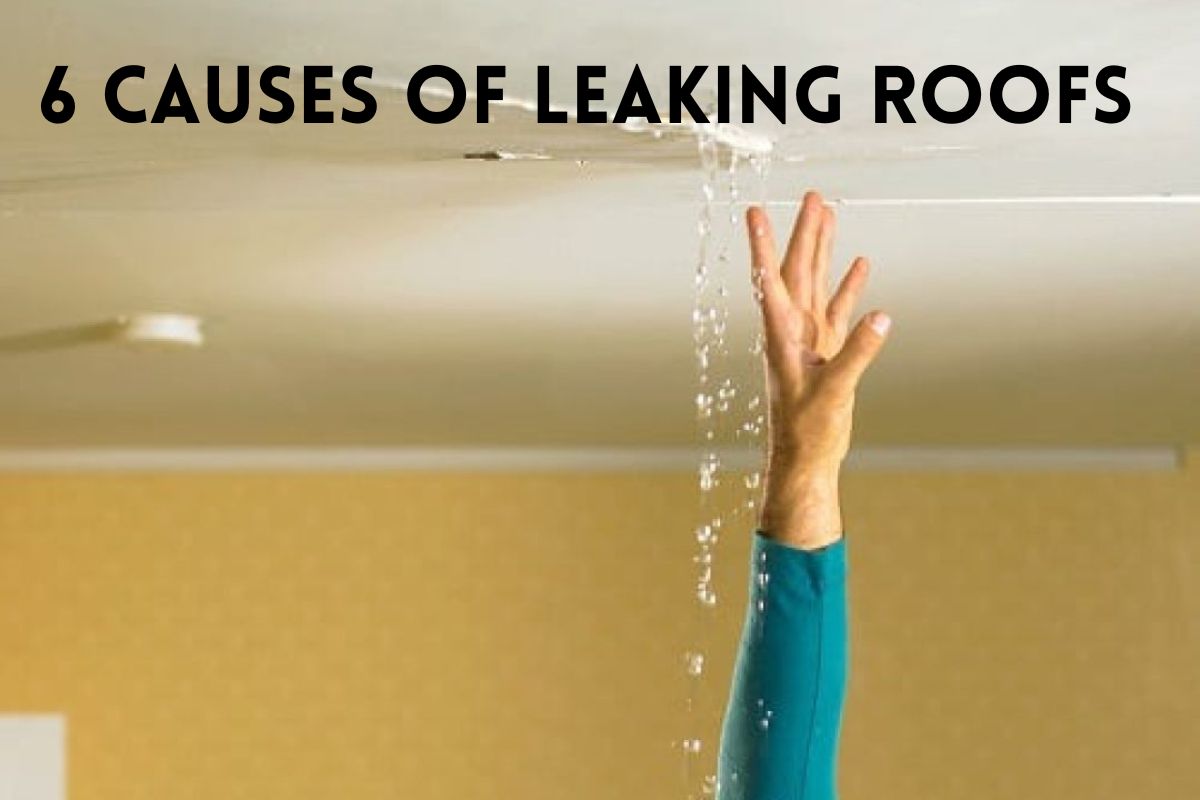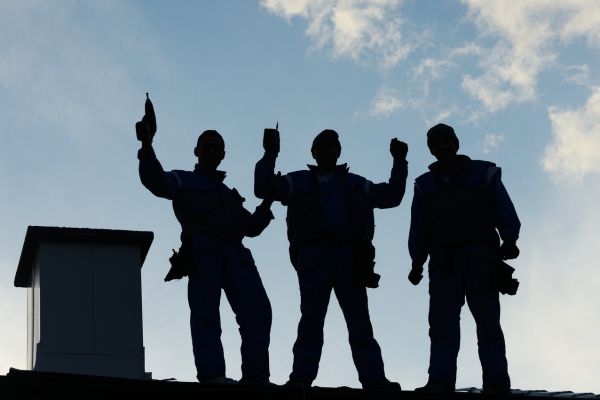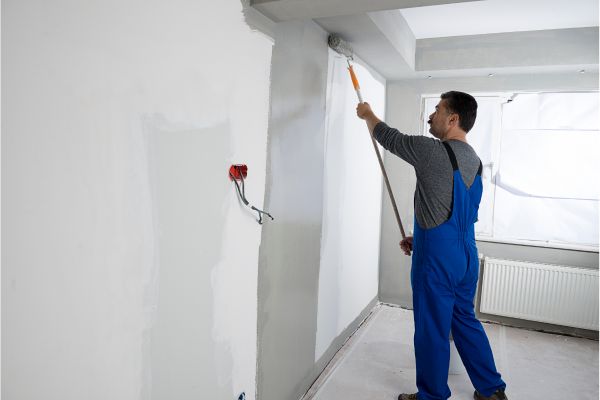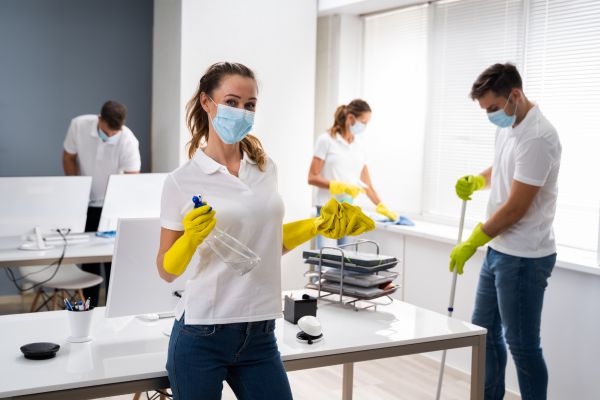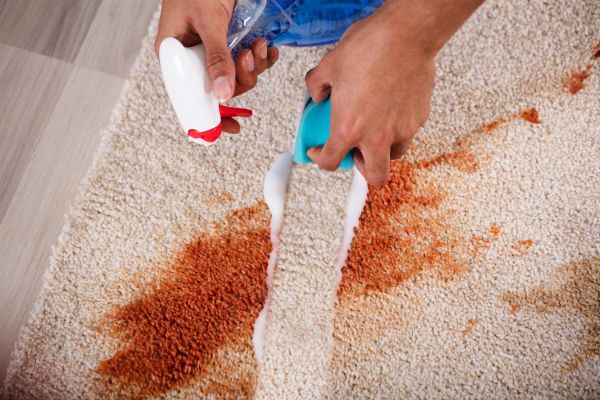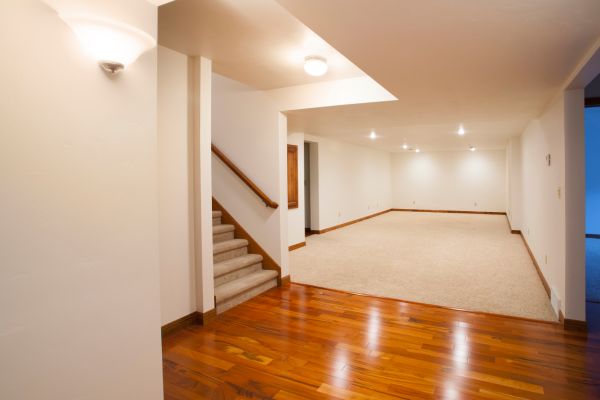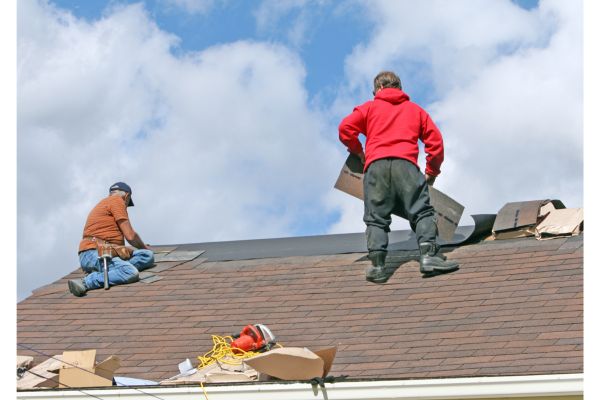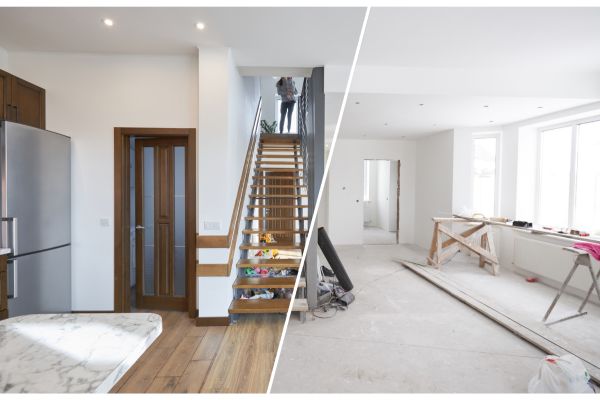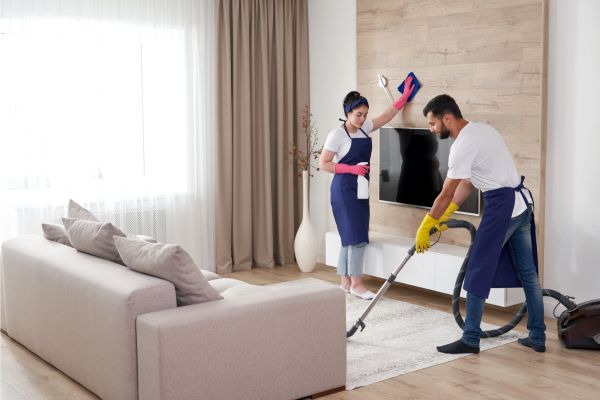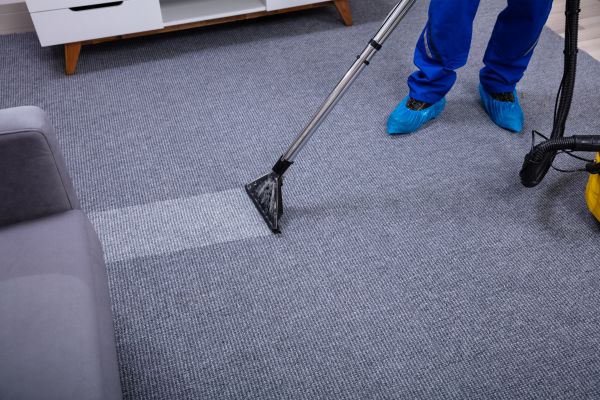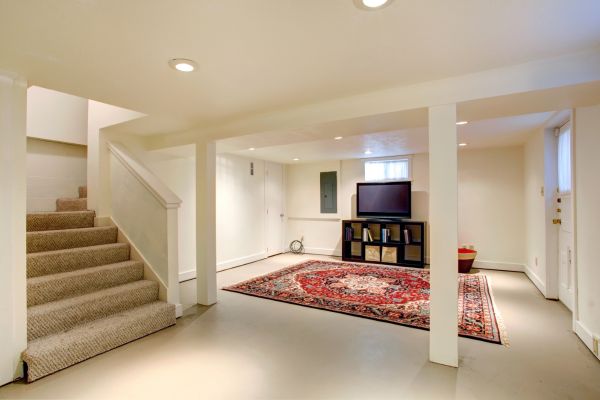1. SNOW AND ICE
Traditional peaked roofs were designed with a specific purpose; to let rain and snow fall down their sides and off the structure. Flat roofs don’t have this feature, which means that harsh climates with a lot of snow and ice can wear them down.
2. STANDING WATER
Although good-quality flat roofs are built to endure quite a bit of weather, including rain, standing water adds undue weight to the structure and slowly eases its way into the building material to cause leaks.
3. AGE
The passage of time will claim any roof, be it flat or peaked or covered in turrets. This means that the most important thing you can do is to have it regularly inspected so that worn pieces can be replaced and cracks can be fixed.
4. INFERIOR BUILDING MATERIALS
Rubber tends to offer the longest-lasting solution; however fiber glass also has a lengthy life expectancy as well as a good-looking appearance. Felt is the cheapest way to go and it will not last as long as roofs made from other materials.
5. POOR MAINTENANCE
No one can buy a roof, no matter how good it is, and just let it sit there for 30 years unattended. Maintenance plays a huge role in the life expectancy of a commercial flat roof. A roof should be personally inspected at least once a year.
6. ROOF VENT PROBLEMS
Cracked housings on plastic roof vents and broken seams on metal roof vents can often cause water to enter your home. Most quick fixes, such as using caulk, won’t last very long so it is best to have them replaced to avoid further damage.

